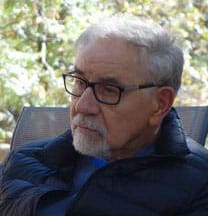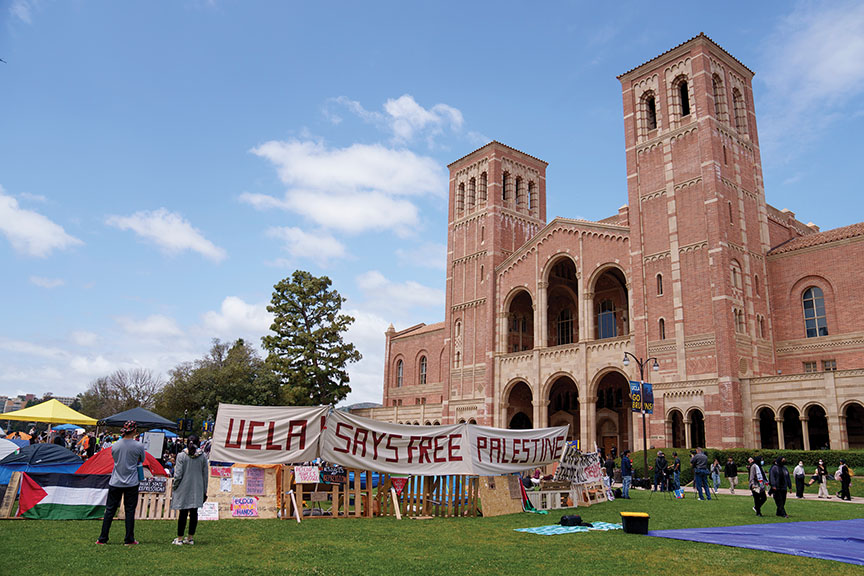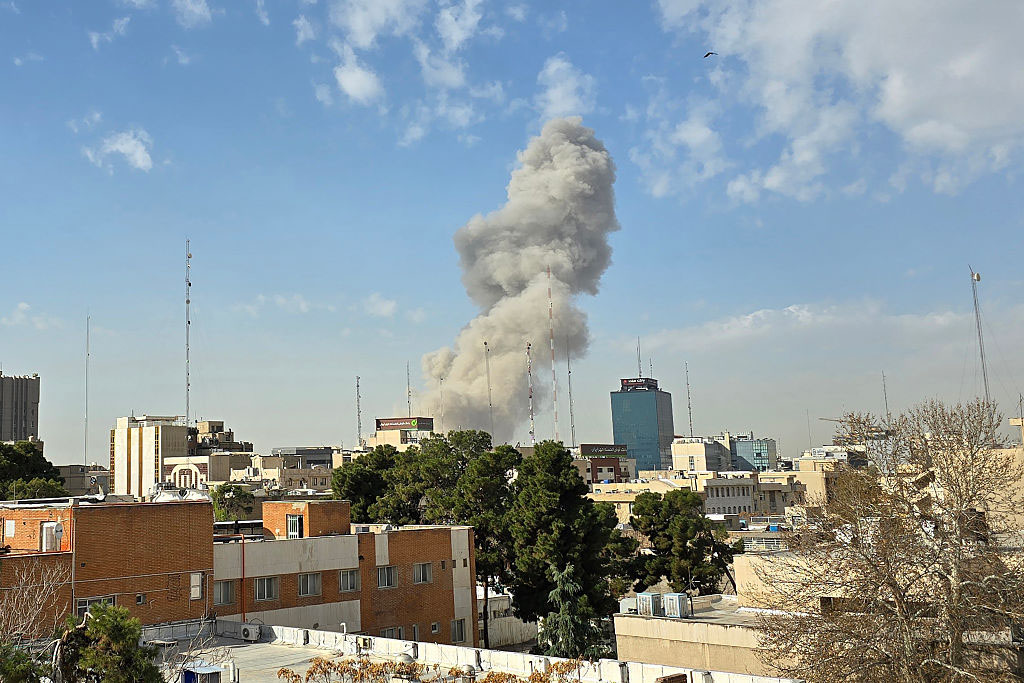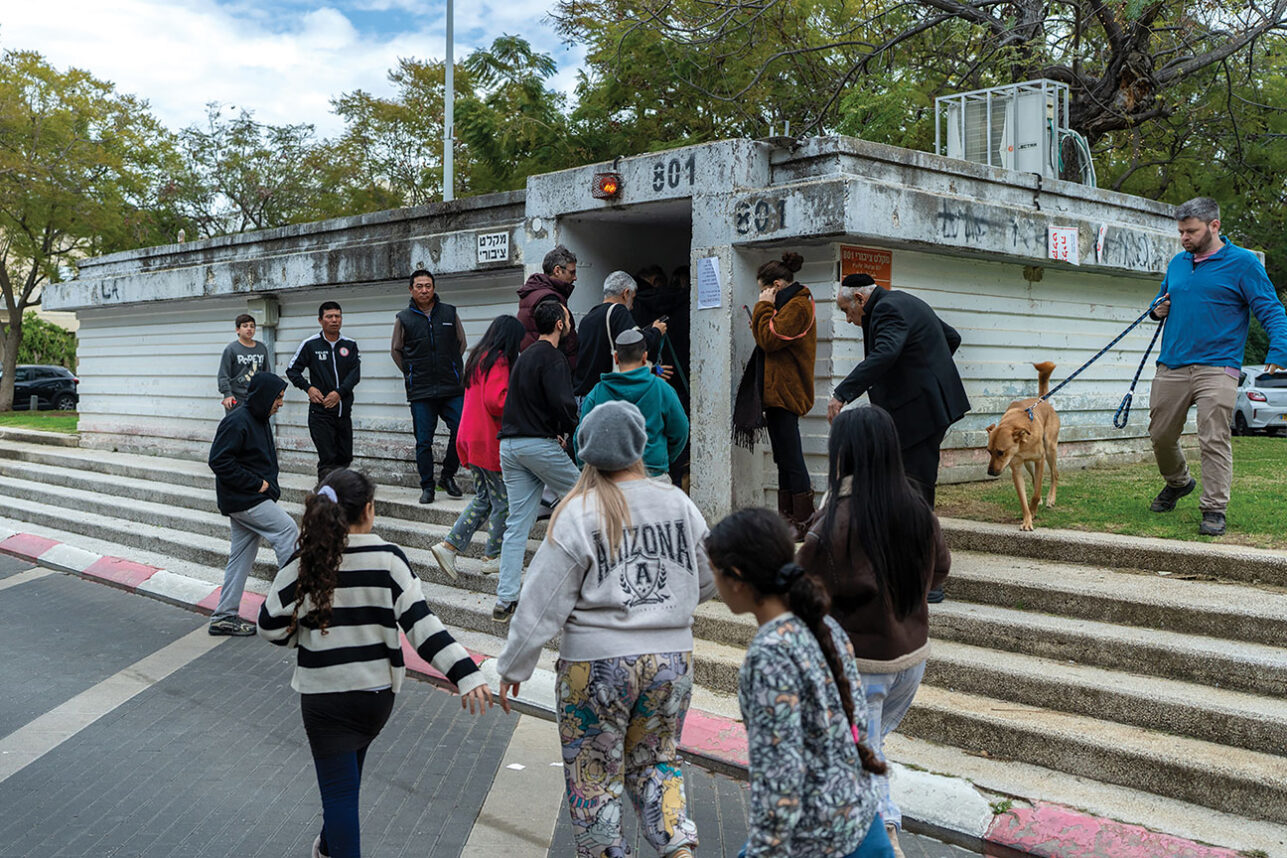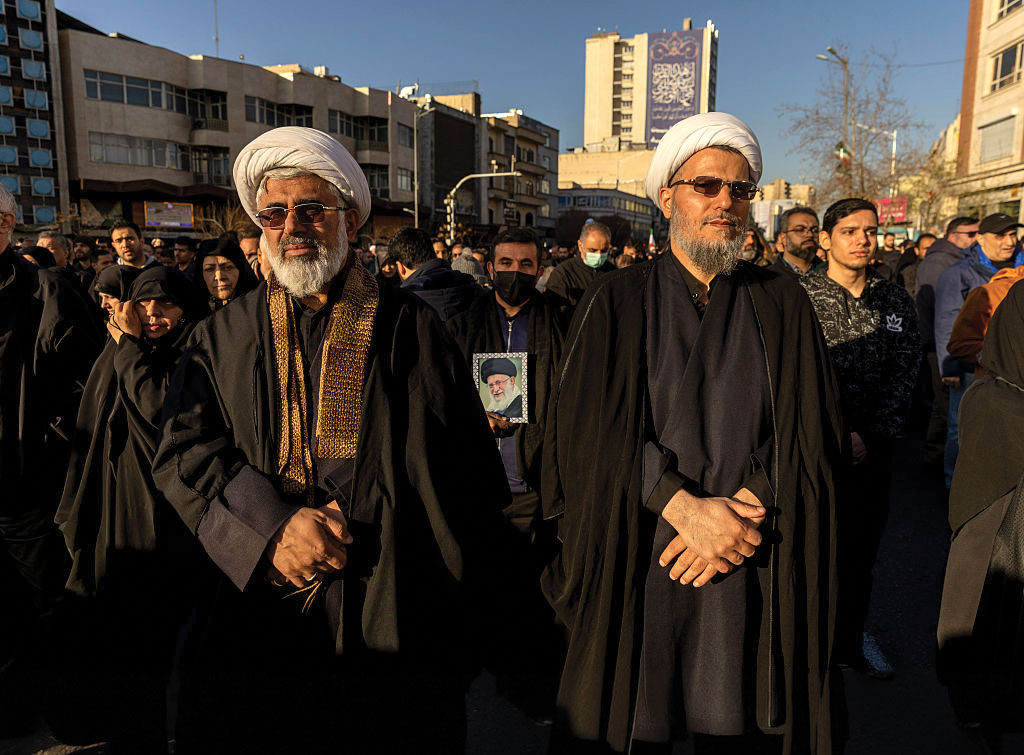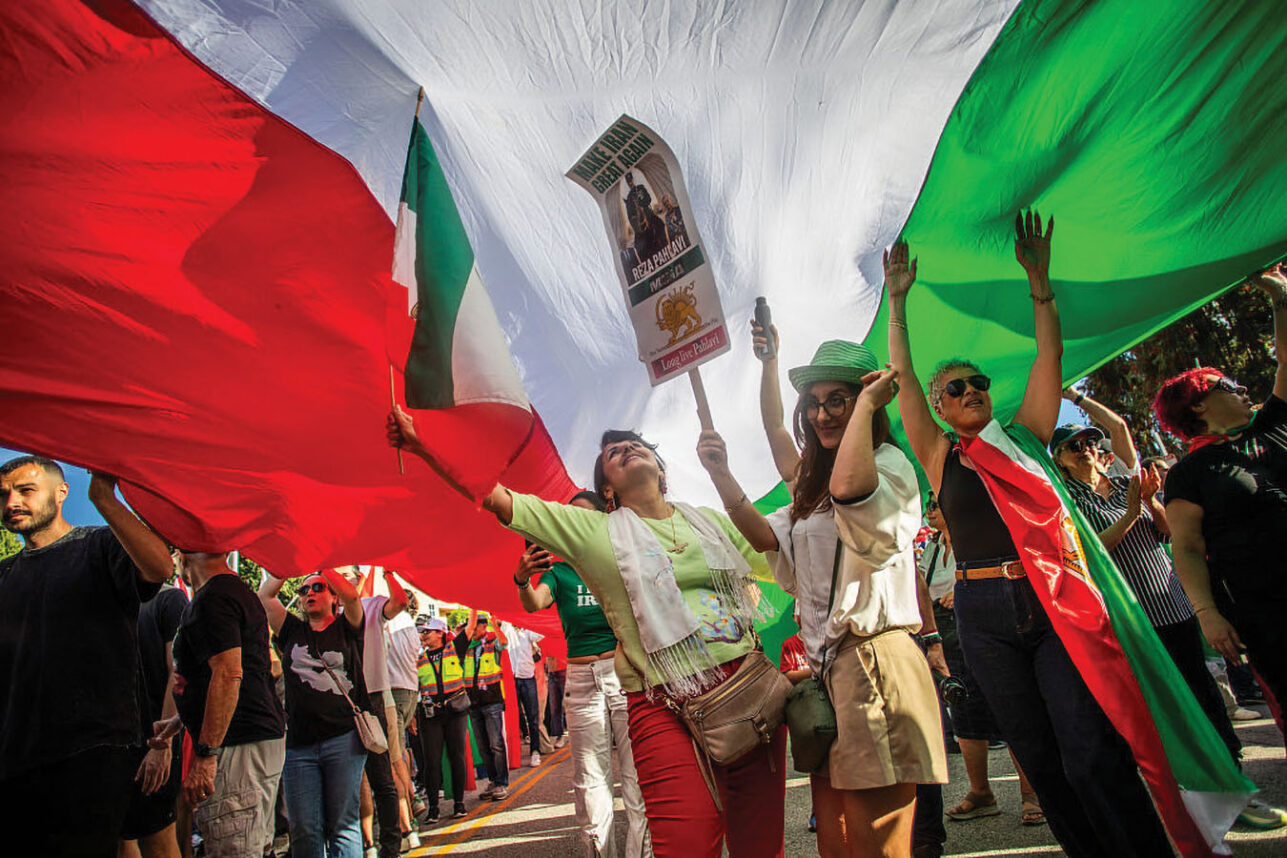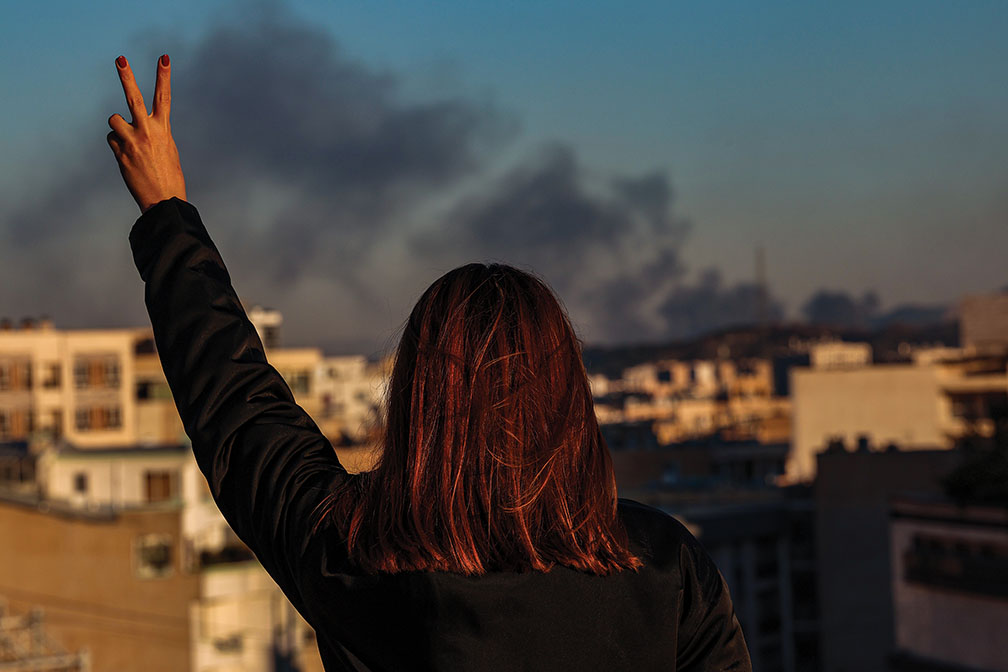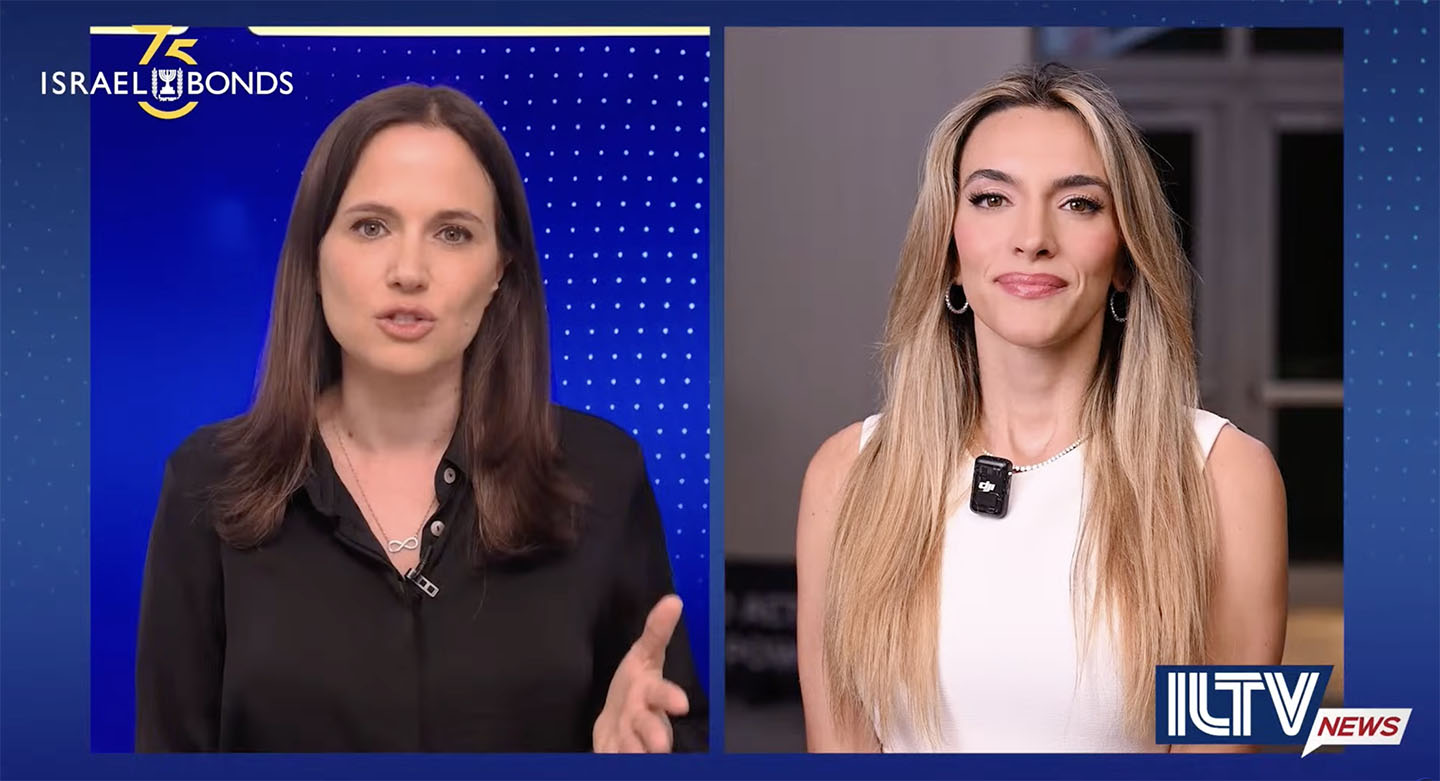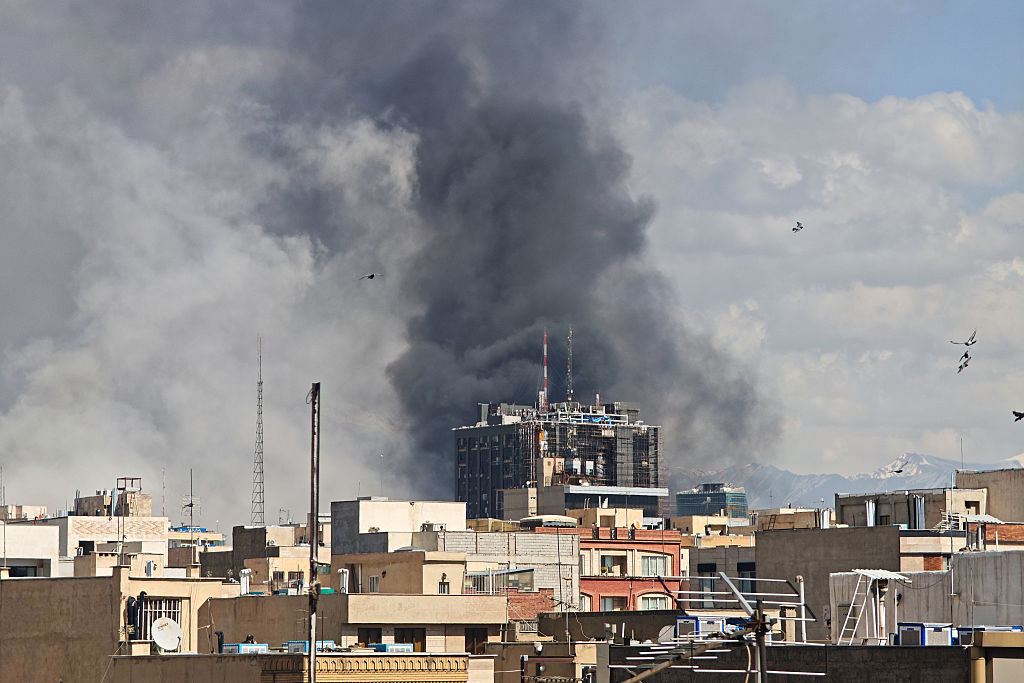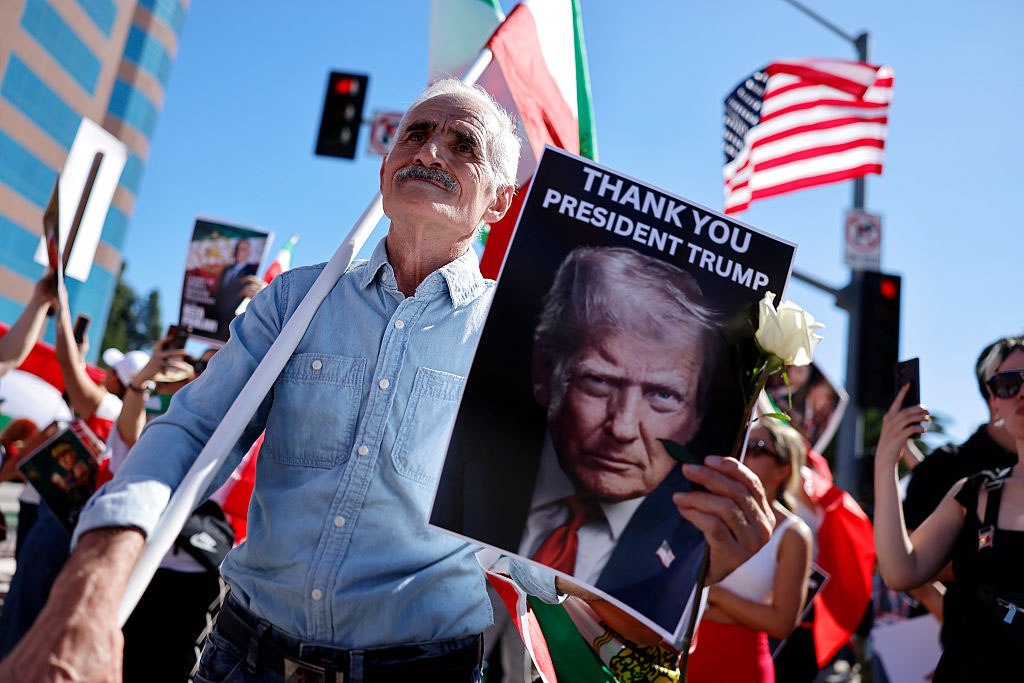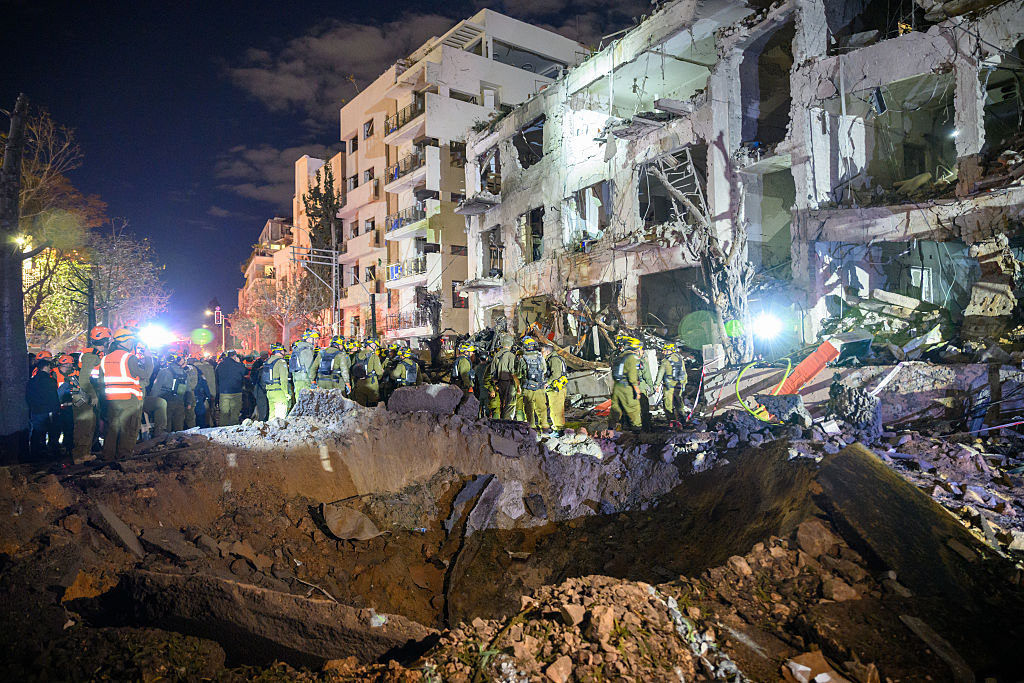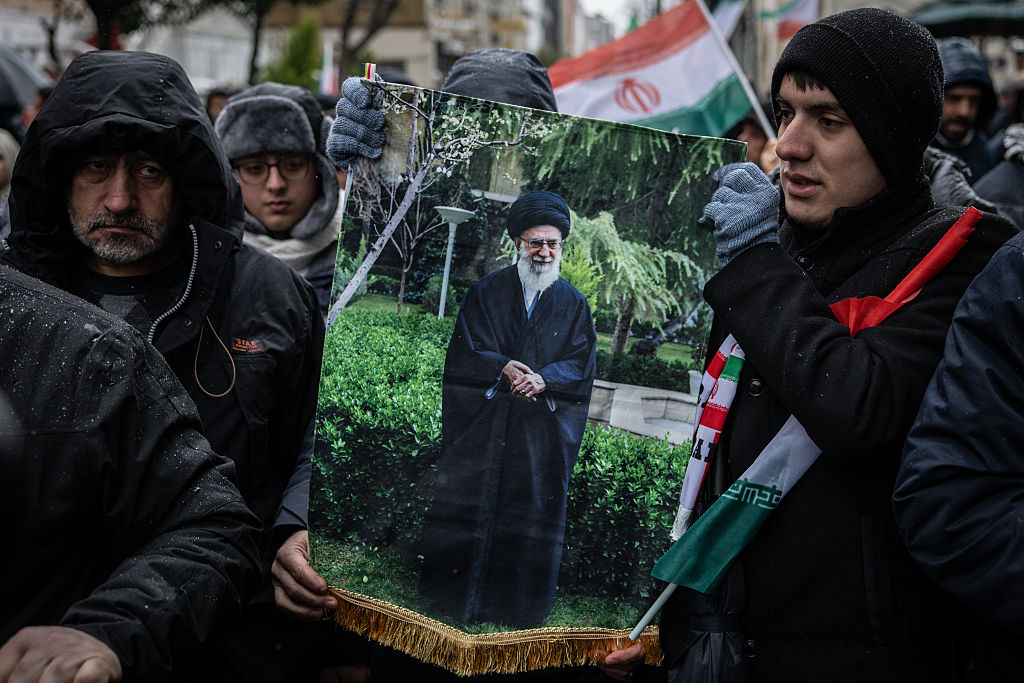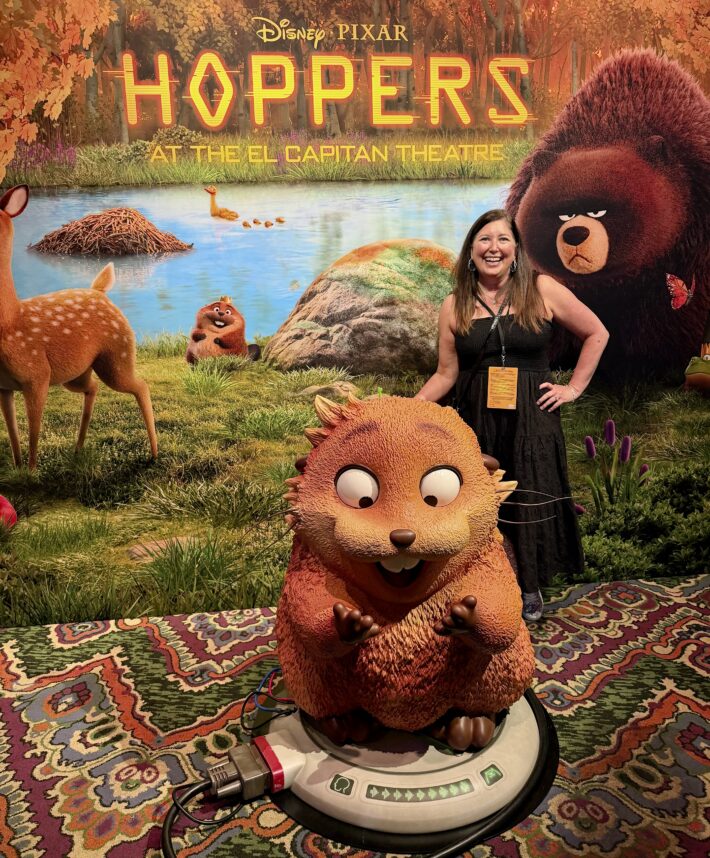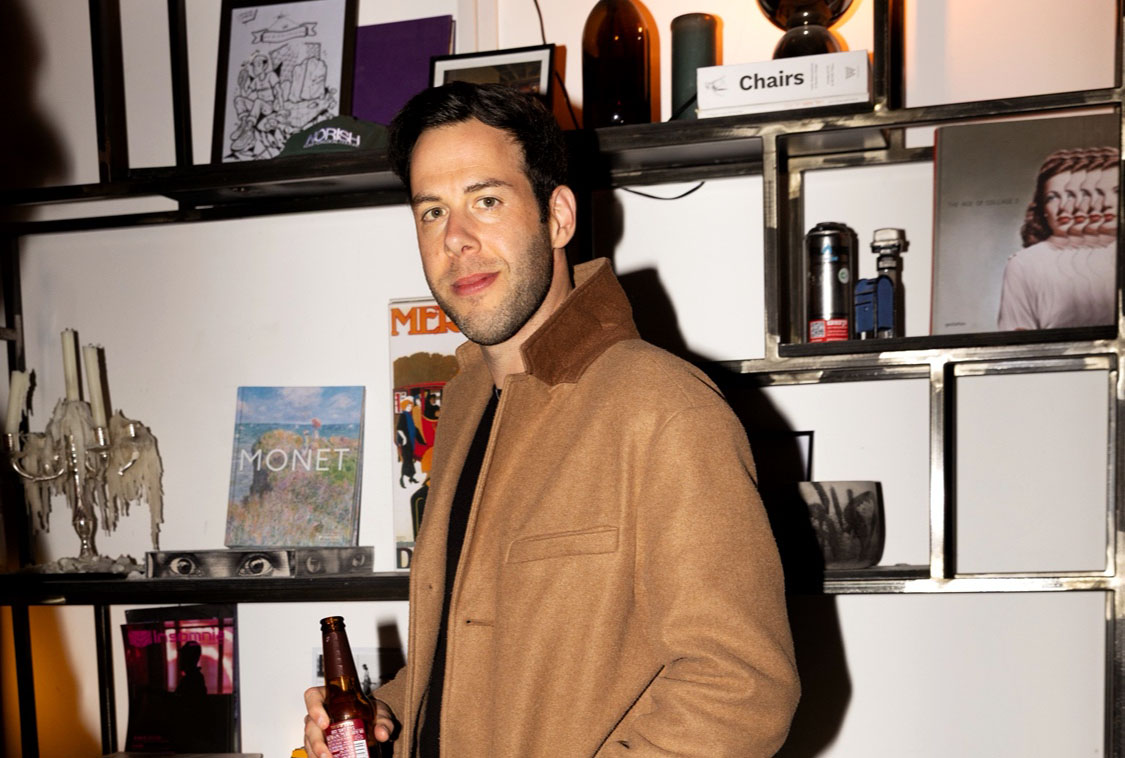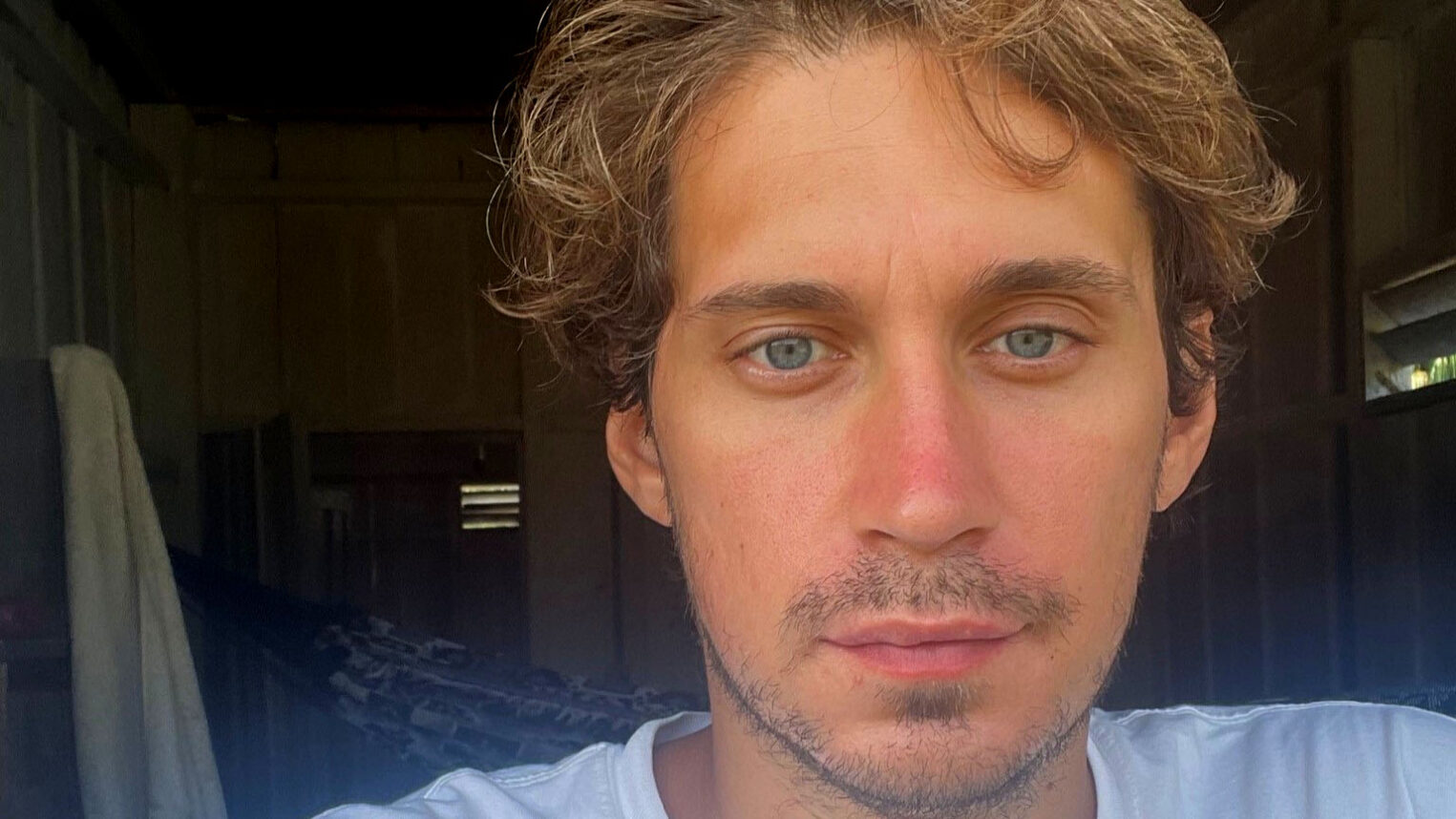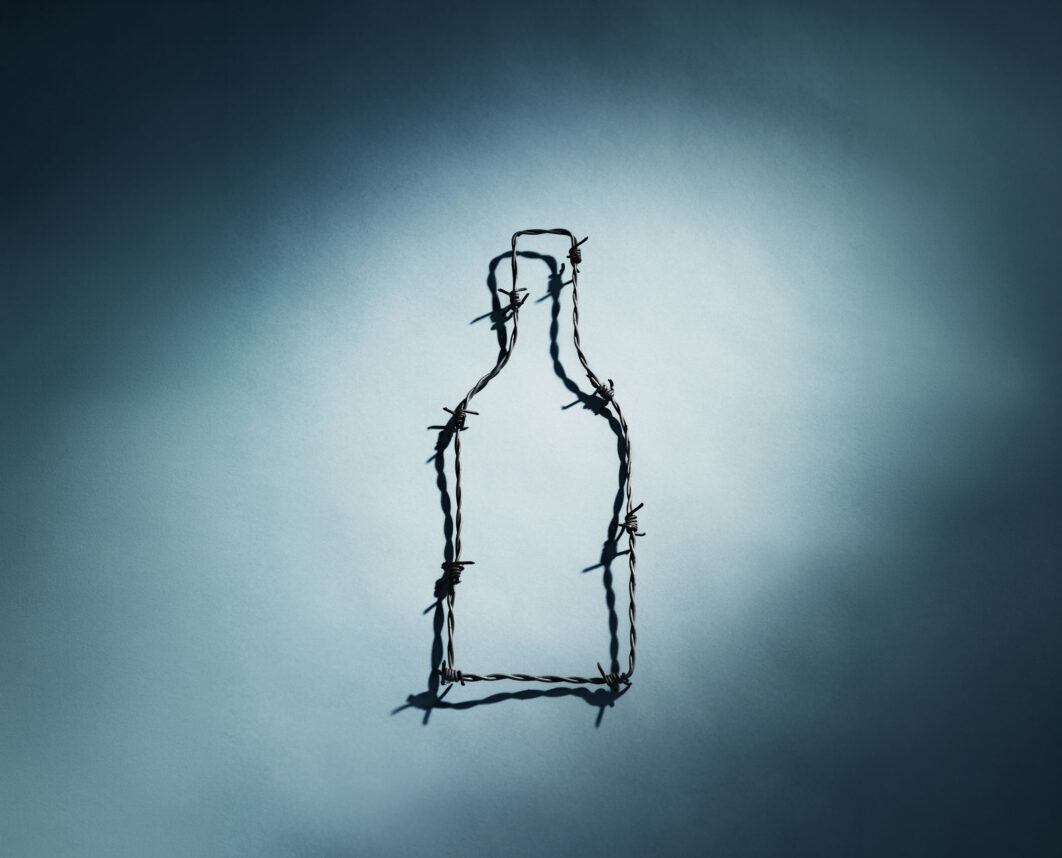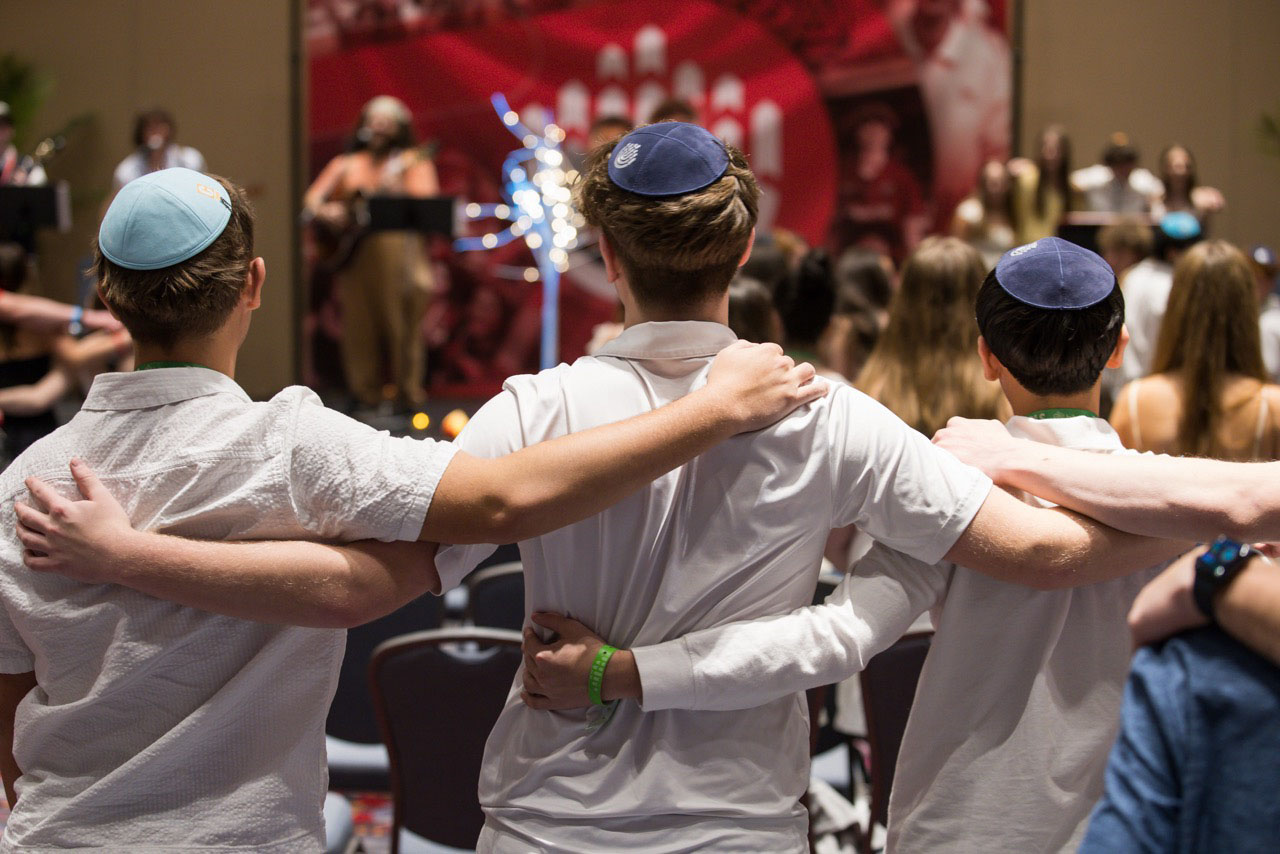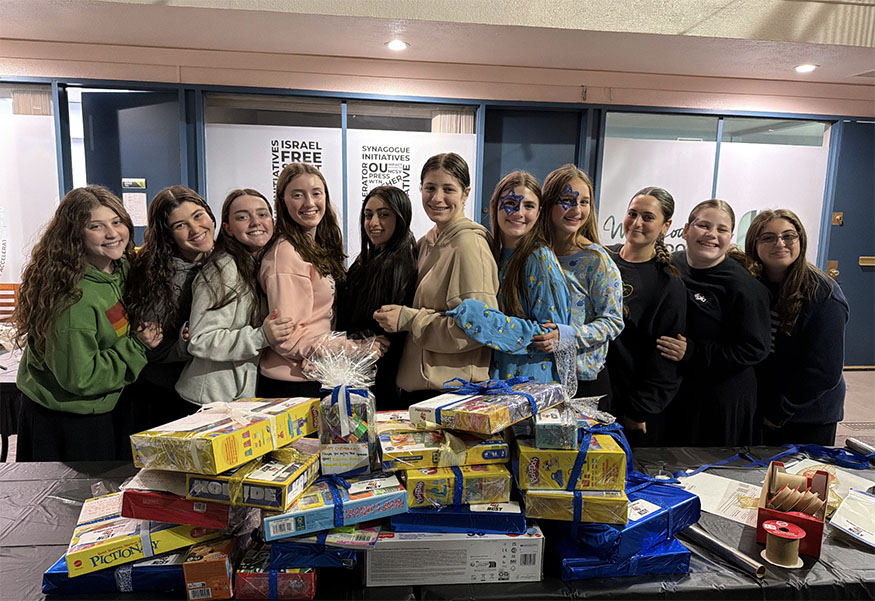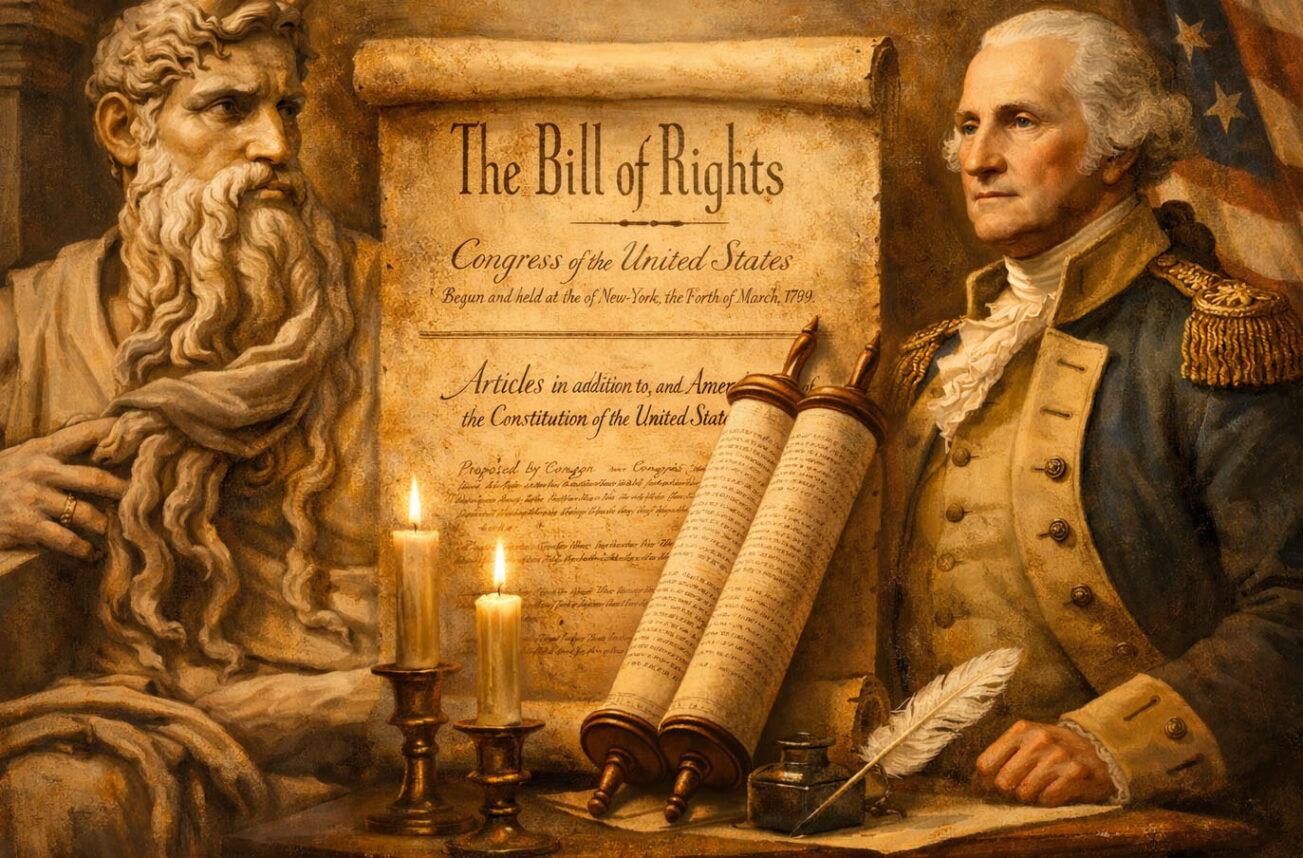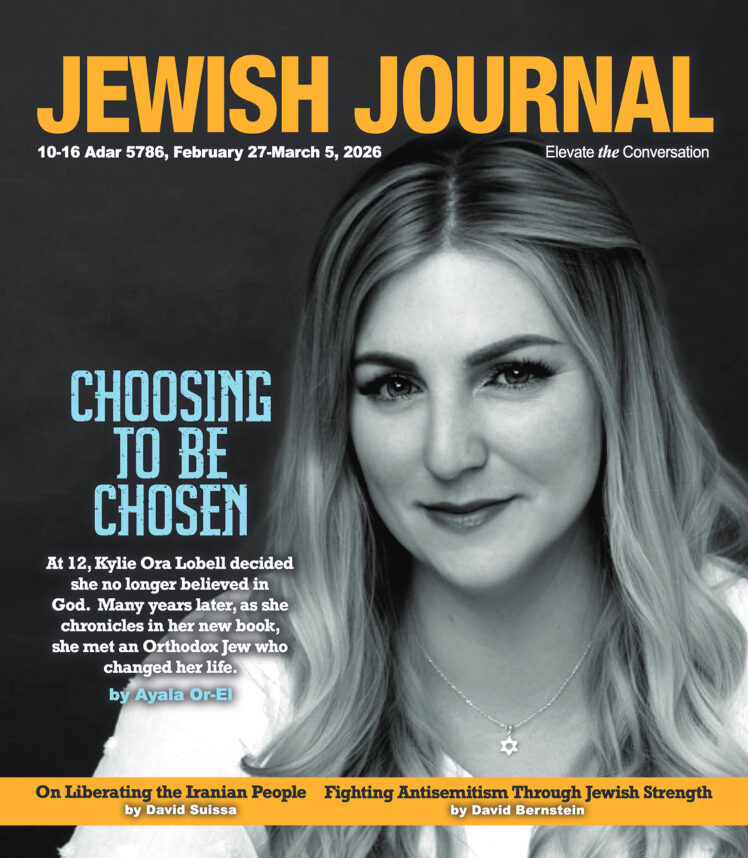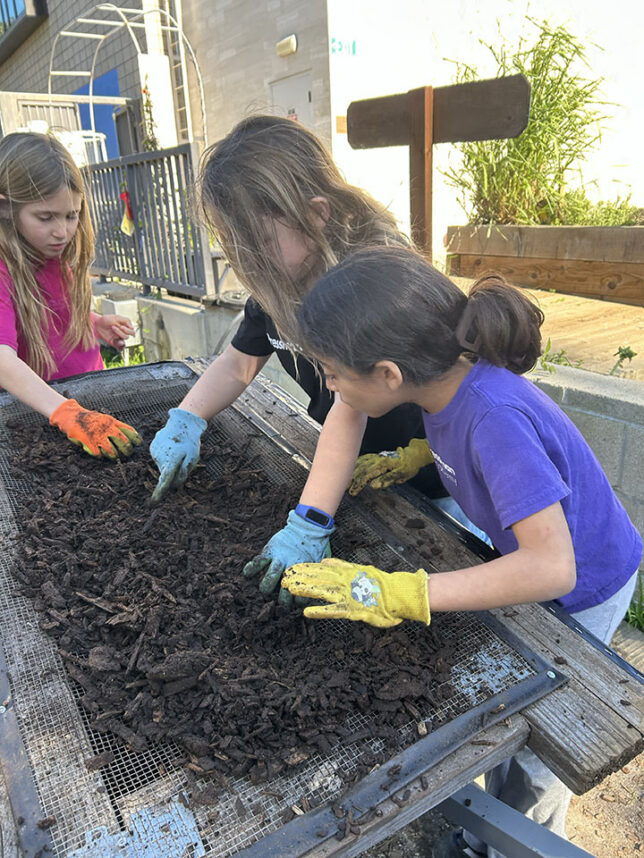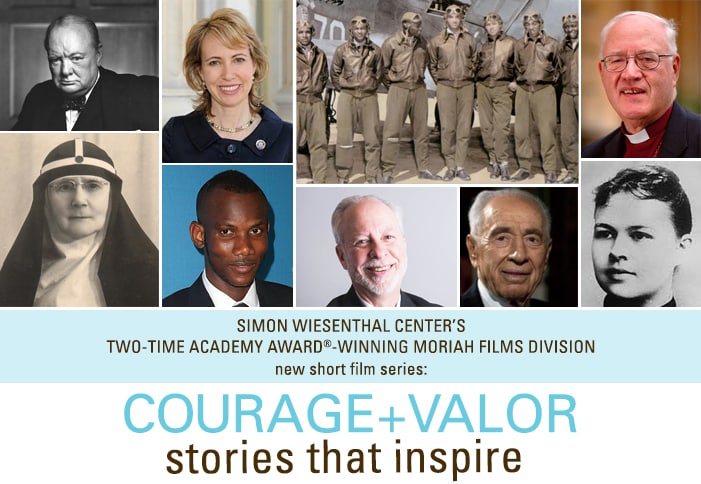
In March, when Los Angeles’s cultural institutions went into lockdown, The Simon Wiesenthal Center’s Richard Trank and his colleagues pondered how the center could stay connected with its members and the public in a way that would inspire people at a time when, in Trank’s words, a lot of us “feel kind of beaten up.”
Trank — principal writer/director of Moriah Films, Wiesenthal Center’s documentary films division — told the Journal that while poring over some of the material the center had produced during his (nearly) four decades there, he thought of the many Humanitarian Award dinners. He said the Center’s Humanitarian Dinners are different from other such events in that “instead of simply giving a humanitarian award to some well-known figure, we made a decision a long time ago that we’d also award Medals of Valor to individuals who best exemplify the mandate of the Simon Wiesenthal Center and the Museum of Tolerance. We’ve awarded these to some well-known figures, but also to lesser-known people, those who risked their lives to save others, who stood up for others when nobody else would.”
Over the years, Wiesenthal Center has awarded about 100 Medals of Valor. Recipients include the Tuskegee Airmen, the black American pilots who fought bravely in World War II at a time when much of the country was still segregated; Chesley (Sully) Sullenberger, the pilot who in 2009 safely landed a damaged plane in the Hudson River; and Lassana Bathily, a Muslim French immigrant from Mali, who — when a kosher supermarket in Paris was attacked in 2015 — risked his own life to save people, then escaped and helped police end the massacre.
Each Medal of Valor presentation also includes a short film, produced by Trank, about the recipient. Trank said those who have attended the screenings say the films highlighting the recipients’ acts of courage and their acceptance speeches are “the most moving and memorable parts of our Humanitarian Award Dinners.”
Nevertheless, after that one-time use highlighting acts of heroism, these inspiring short films, about 100 of them, have not been shown again. Until now.
“At this time,” Trank said, “when we’re all kind of hunkered down at home, and we need things to help inspire us about the world, we thought: Why not show some of these little films and the people who accepted their honors, as an inspiration? … It dawned on us that this material has no expiration date. A film we did 20 years ago about a story of inspiration is as valid today as it was then.”
“Sometimes you think it’s impossible to change anything. You get caught up in a situation where you feel helpless …. But you can make a difference. And I think that that’s the story of a lot of people whom we’ve honored, some in a big way, some in a small way. And nowadays people feel so frustrated and helpless, and hopefully this will inspire them.” — Richard Trank
As of this past week, the Wiesenthal Center started posting one short film per week on its website. Each week will feature yet another film, and the previous weeks’ films will remain posted. They can be seen here.
The film posted last week highlights the extraordinary life and courage of Winston Churchill, who, when Europe was on the brink of disaster, used bold strategy and inspiring language to lead the British in their battle against Nazi Germany. When the medal was presented, in 2010, Churchill’s granddaughter, Celia Sandys, came from Great Britain to receive it. The film about Churchill not only documents some of his acts of courage, it also shows his granddaughter receiving the award at the Humanitarian Dinner.
This week’s profile in courage film is about David Ben-Gurion, who received the Medal of Valor in 2018. It presents his struggle to help create the State of Israel, and also shows his grandson, Alon Ben-Gurion, receiving the award in Ben-Gurion’s honor.
Wiesenthal Center will continue posting these films on its website even after the lockdown is over. These include homages to Jeffrey Myers, the rabbi at Pittsburgh’s Tree of Life Synagogue that sustained a deadly terrorist attack in 2018, as well as Gabrielle Giffords, the former Arizona congresswoman who was severely injured in an assassination attempt in 2011.
“A number of years ago we honored members of World War II’s 442nd ‘Go For Broke’ Regimental Combat Team,” Trank said. “These were Japanese Americans, many with families being held at internment camps here in the U.S., but they volunteered and became one of the most highly decorated units of the war. Not only did they fight with valor in Italy, but they were among the first to liberate Dachau.”
What Trank and his colleagues hope to communicate with these films is that one person can make a difference — a potent message at a time when we’re deeply aware of the selfless and heroic acts of nurses, doctors, first responders and others in the pandemic’s front lines.
“Sometimes you think it’s impossible to change anything,” Trank said. “You get caught up in a situation where you feel helpless …. But you can make a difference. And I think that that’s the story of a lot of people whom we’ve honored, some in a big way, some in a small way. And nowadays people feel so frustrated and helpless, and hopefully, this will inspire them.”

